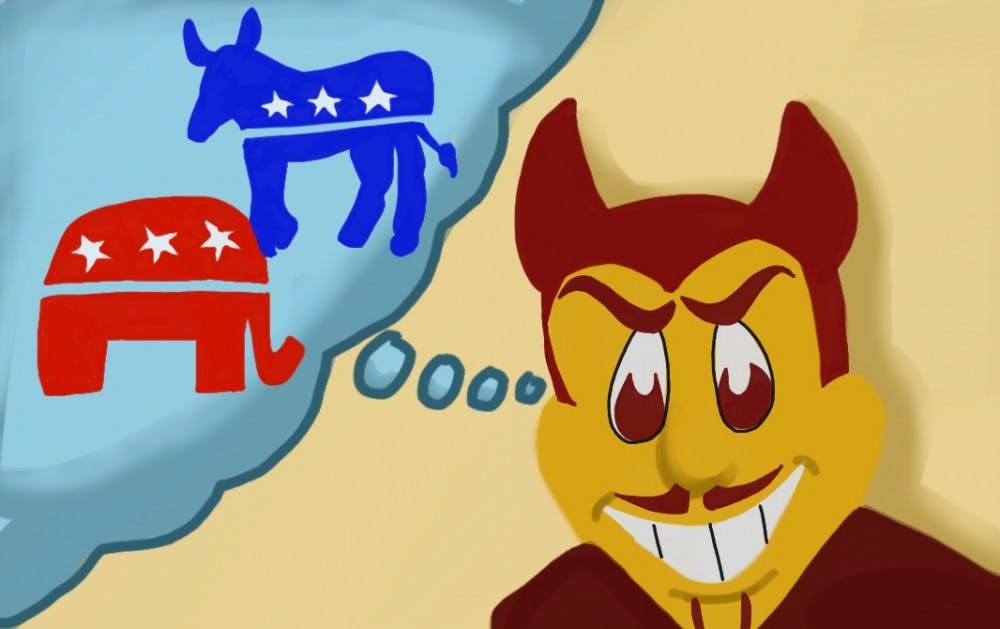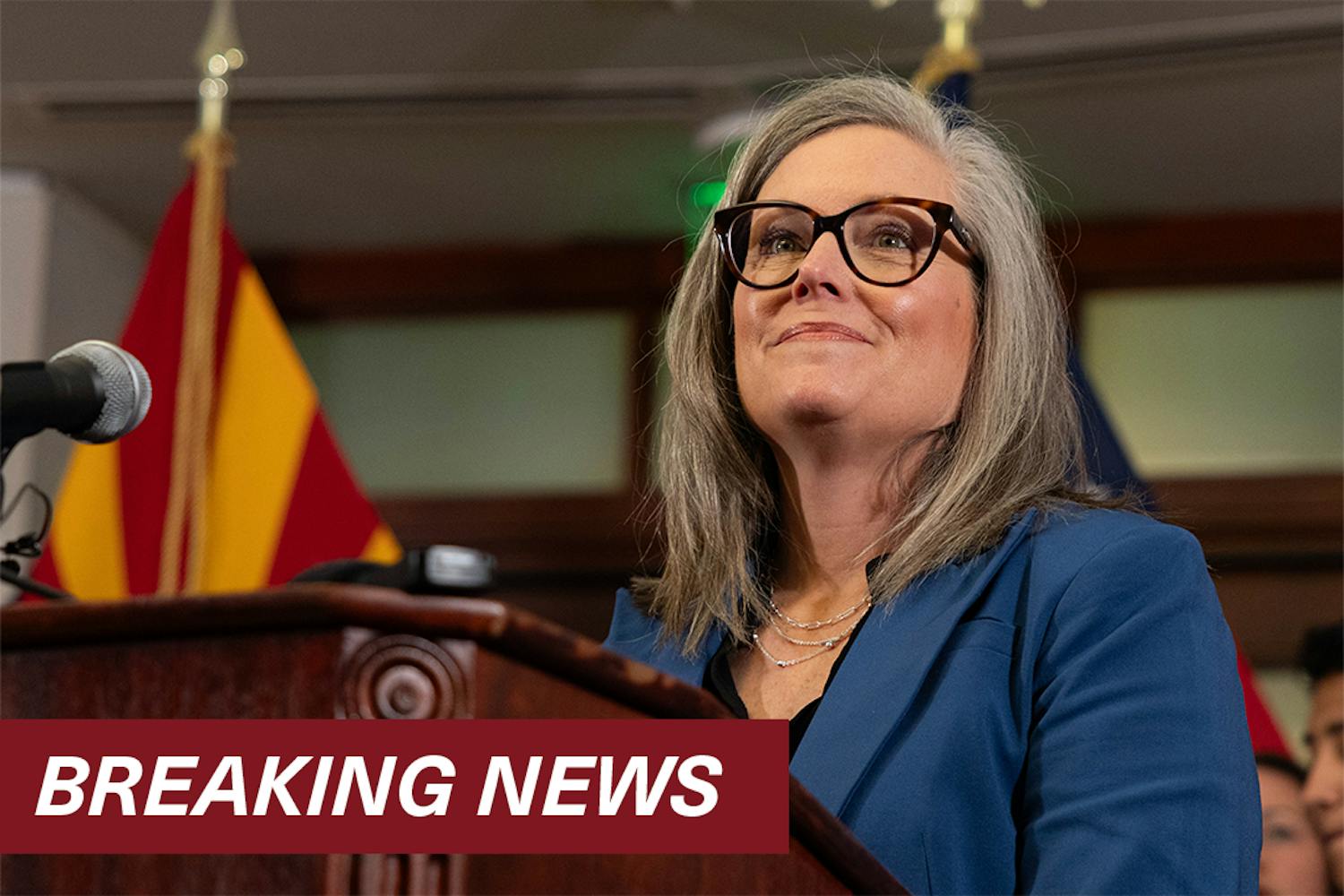According to the University of San Francisco's Check Your Privilege campaign, "if you don't have to think about it, it's a privilege," and this includes thinking about politics.
In 2018, it is no longer appropriate to claim a separation from or a disinterest in politics. The policies that are decided in Congress and the cases that are being debated in the Supreme Court have real effects on people in the U.S.
At ASU, there has been a 6 percent increase in DACA student enrollment as of Fall 2018, according to an October article from The State Press. The ability for these students to receive a higher education has been put into question recently, and the student body should care, even if they are not directly affected.
Privilege can be any limitation that one does not have to think about and is not limited to race and ethnicity but can involve identity and religion as well.
Being able to ignore the parts of society that are not comfortable to examine is a privilege, but not one that students should take advantage of, and this is the case with other policies as well.
Those who are directly affected by these issues and issues like immigration, healthcare and discrimination do not have the luxury of not being politically involved because parts of their identity is politicized already. While many students are able to ignore certain events and issues in their daily lives, many are not granted that same privilege.
“It helps when we are able to personalize these issues," graduate teaching assistant in the ASU School of Social Transformation Brett Goldberg said. "We need to humanize these topics that are otherwise really easy to hold at arm’s length if we aren’t able to see ourselves in it.”
For Goldberg, this means using personal experiences to foster conversations in the classroom.
Putting a face to policy issues will help students understand why they matter to others.
ASU students should take the time to learn about social issues in the community, even if they are not affected by them.
An article from AZ Central said that 314,000 new voters registered before the Oct. 9 deadline for the 2018 midterms in Arizona. If every ASU student realized what a difference they could make by educating themselves about politics, they could create the changes they want to see in their community.
“This reality that we live in is not necessarily our fault, but we do have some responsibility for it," Goldberg said. "Guilt doesn’t do anybody any good. The point is not to make anybody feel guilty, but to recognize that we have choices.”
Goldberg emphasizes that people in positions of privilege do have a responsibility to use it to help those around them rather than “keep our heads in the sand.”
This does not mean that every person needs to be an activist, but it does mean that ASU students should take an interest in issues that affect their peers.
Often this can start with a simple conversation with someone with a different background in the community, whether it be in the classroom or in a coffee shop.
Understanding the lack of privilege that others hold can be the beginning of addressing one's own privilege and using it to make a difference.
Reach the reporter at cfusillo@asu.edu or follow @katiefusillo on Twitter.
Editor’s note: The opinions presented in this column are the author’s and do not imply any endorsement from The State Press or its editors.
Want to join the conversation? Send an email to opiniondesk.statepress@gmail.com. Keep letters under 500 words and be sure to include your university affiliation. Anonymity will not be granted.
Like The State Press on Facebook and follow @statepress on Twitter.




